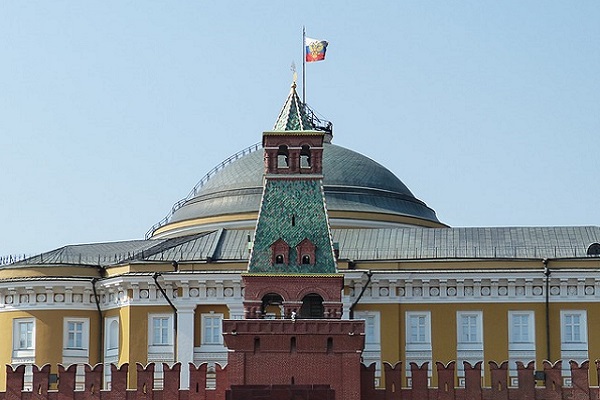
USCIRF Vice Chair is Adopting Jehovah’s Witness and Scientologist Religious Prisoners in Russia
- By Nathan Glover --
- 27 Sep 2018 --

Russia regards non-traditional religious denominations as criminal organizations
The Vice-Chair of the U.S. Commission on International Religious Freedom (USCIRF), Kristina Arriaga, announced on September 26 her intention of adopting Ivan Matsitsky and Dennis Christensen, both religious prisoners of conscience presently incarcerated in the Russian Federation. The adoption is part of the Prisoners of Conscience Project organized by USCIRF.
USCIRF Vice Chair is Adopting Jehovah’s Witness and Scientologist Religious Prisoners in Russia[/tweetthis]
Christensen and Matsitsky were arrested separately and on different grounds. The former is a Jehovah's Witness member and the latter a director of the Church of Scientology. Christensen was the first to be arrested. Russian police took Christensen into custody in the city of Oryol on May 25, 2017. He was picked up during a police raid. Christensen was subsequently taken before the judges a total of 38 times before the city's District Court. Matsitsky was arrested only a month later on June 5, 2017. Several charges were brought against him; the principal charge is “extremism.” He is being restrained through the pretrial detention procedure from the time of his arrest.
Moscow regards any Christian denomination other than the Russian Orthodox Church and mainstream Christian strands as “nontraditional” and considers their members ripe for prosecution. Russian authorities club Jehovah's Witnesses and Scientologists as criminal organizations and files cases against them accordingly. The same view is taken by the Russian legal system as well. The Supreme Court of Russia banned Jehovah's Witnesses in April 2017. The court gave it the “extremist organization” label.
Arriaga said both the Matsitsky and Christensen cases are prime examples of Moscow's complete disregard for any religious freedom. She said she is doing everything possible to raise both their profiles and secure their quick release.
The Russian judicial system is a biased one can be concluded without question. All judgments took place in a private, closed room where prosecutors listened to the telephone conversations which took place between Jehovah's Witnesses members. The subsequent meetings saw prosecutors going over documents associated with the movement, like multiple Bible translations. Two stood out: the 19th century Synodal translation and "Modern Translation." When Christensen was asked about the Bible's different versions present in the same room, he answered that such phenomena should not surprise anyone, as members of Jehovah's Witnesses utilize different translations of the original Bible. The text “Translation of the New World” was labeled as extremist material by the prosecutors and agreed to by the court.


















